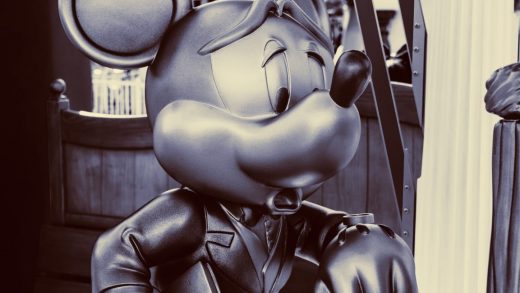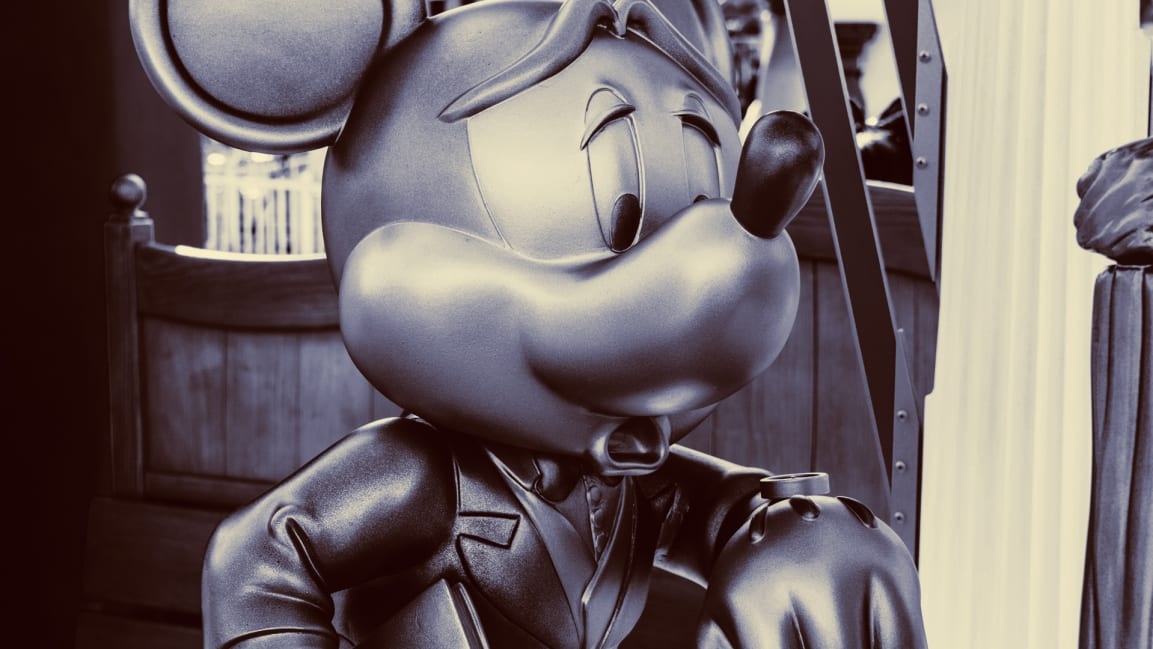Disney is using AI developed by Geena Davis to correct gender bias and lack of inclusivity in scripts
Imagine if some of Disney’s classic movies were released for the first time today—Song of the South, say, or the original cut of Dumbo, with its infamous Jim Crow scene. Or how about Cinderella, Snow White, and Sleeping Beauty, all of which relied on damsel-in-distress tropes. Then there’s Ariel, who was forced to give up her voice to land the man of her dreams. Ursula the Sea Witch even sang, “The men up there don’t like a lot of blabber, they think a girl who gossips is a bore. Yes, on land it’s much preferred for ladies not to say a word,” in her classic but now cringeworthy signature song, “Poor Unfortunate Souls.”
It’s no secret that Disney films of yore had been plagued with racism and sexism. The company’s movies have gotten more progressive in recent years?—see Brave, Frozen, and Moana—but there’s still lots more work to do. And now, Disney has pledged to tackle diversity in storytelling and gender bias with a little help from AI.
The company has teamed up with Geena Davis and her Institute on Gender in Media to use GD-IQ: Spellcheck for Bias (Geena Davis Inclusion Quotient), a tool that analyzes TV and movie scripts to track gender and other biases. The software, codeveloped by the University of Southern California Viterbi School of Engineering, evaluates the number of male and female characters, how many characters are part of the LGBTQIA community, how many people of color are included, and how many disabled people are represented.
Davis gave a keynote speech at New Zealand’s first Power of Inclusion Summit earlier this month, where she noted that this software wasn’t meant to shame studios and filmmakers. The goal is to correct bias and underrepresentation and work toward gradual but effective change.
“Nearly every sector of our society has a huge gender disparity, particularly in leadership positions,” Davis said. “So how long is it going to take to correct that, to reach parity? No matter how hard we work, we can’t snap our fingers and suddenly half the corporate boards are women. It’s going to take a long time to make some of these changes.”
This software sounds like a great start. Now Disney just needs to follow up this initiative by hiring more people from diverse backgrounds and perspectives who can bring their experiences to all aspects of the business.
(19)



